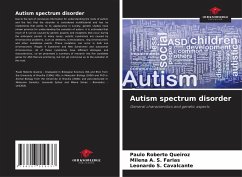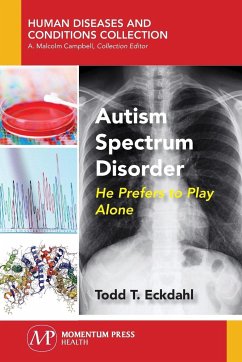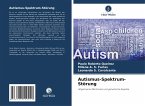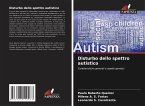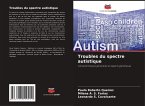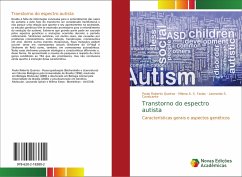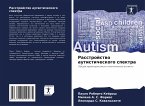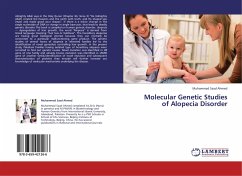Due to the lack of conclusive information for understanding the roots of autism and the fact that the disorder is considered multifactorial and has no relationship that points to its appearance in society, genetic studies have shown promise for understanding the evolution of autism. It is estimated that much of it can be caused by genetic aspects and mutations that occur during the embryonic period. In many cases, autistic syndromes are caused by chromosomal problems, such as deletions, translocations, ring chromosomes and other mutational events. These mutations can occur in both sex chromosomes (Fragile X Syndrome and Rett Syndrome) and autosomal chromosomes. All of these syndromes have different etiologies and characteristics, so we presented a summary of research into five candidate genes for ASD that are promising, but not yet conclusive as to the evolution of this trait.
Bitte wählen Sie Ihr Anliegen aus.
Rechnungen
Retourenschein anfordern
Bestellstatus
Storno

